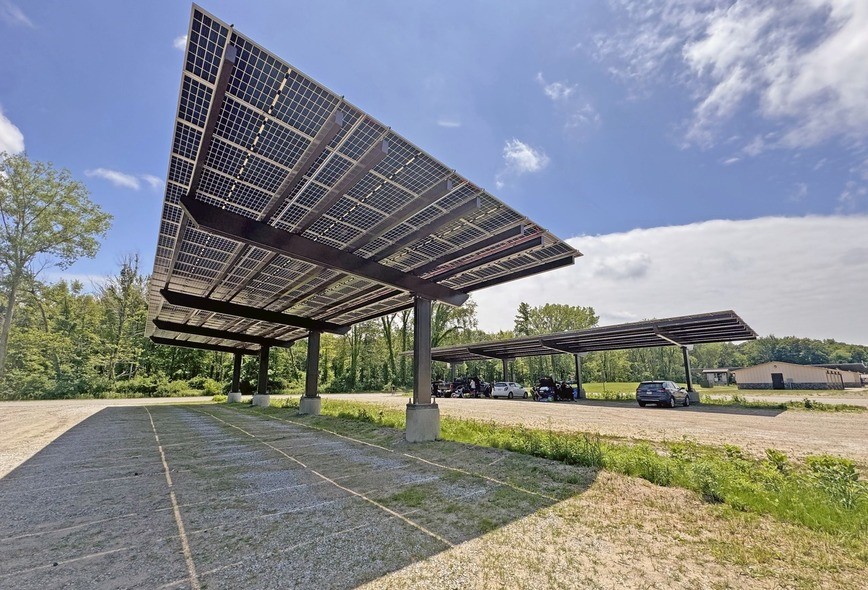Dealing with insurance claims and avoiding repair scams by The Texas Insurance Podcast – Technologist
TDI experts answer Texans’ top auto insurance questions.
What should auto insurance cost, and what’s the best kind to get?
To answer a question about cost, you need to know what a policy covers first. TDI’s automotive insurance guide can help, and there’s a policy comparison tool at www.opic.texas.gov. It’s important to know what you need, because a lower price may not give you enough coverage. If you live in an area with hailstorms, tornadoes, or flooding, you need more coverage than someone who doesn’t.
Why do my neighbors pay less for auto insurance than I do?
Insurance companies look at a lot of factors when they set rates: age, driving record, claims history, where you keep your car. They also look at whether the area has storms, if you park behind a locked gate, or you’re in a high-crime area. They’ll look at your credit score too. So it’s not unusual for neighbors to have different rates.
How can I lower my car insurance costs?
Start with good driving habits. Drive defensively, stay under the speed limit, don’t look at your phone. If you insure a teenager, you can get discounts for good grades or drivers ed classes. You can also save if you get home, life, and auto from the same company. And there are mileage-based insurance plans if you drive less than you did before COVID-19. Don’t be afraid to ask your insurance company for a discount.
Why do insurance rates in Texas seem higher than in other places?
Texas is unique. We have every kind of climate: coast, mountains, plains, hills. Some parts of the state are prone to flooding and hurricanes. Other parts have tornadoes and hailstorms. Some states may have one or two of those, but Texas has everything, so it costs more to insure against it all.
What’s the difference between liability and comprehensive insurance?
If the accident is your fault, liability insurance takes care of it. Every driver in Texas is required to have liability. Comprehensive and collision coverage, on the other hand, takes care of damage to your car or truck regardless of whose fault the accident was.
You might be tempted to skip comprehensive to save a few dollars, but remember, if you hit somebody at a stoplight and it’s your fault, your liability won’t pay to fix your car. So you need to do the math to see what kind of coverage you need and what you can afford.
Should I buy the insurance car rental companies try to sell me?
It depends. If you just want extra peace of mind, it might be worth it. Every policy is different, so ask your insurance agent first. You might already be covered. Keep in mind some policies will cover a rental car on a vacation, but not if you rent for a work trip or because your car is in the shop. Make sure to check your policy.
Are credit card loyalty programs real coverage?
Those are coverage options, but they’re not technically insurance. TDI can’t help you with them if there’s a problem.
Whose insurance covers accidents when I borrow a car?
If you borrow a car with permission, the owner’s policy is going to pay in an accident. You might have some coverage from your own policy, especially if you get hurt. But if you borrow a car a lot, you need to look into “non-owners” coverage, or an uninsured motorist policy that gives you personal injury protection when you’re in someone else’s car.
Should I get “gap coverage” when I buy a new car?
A new car loses value when you drive it off the lot. If you total the car, your insurance will pay you that lower value, not what you paid for the car when it was new. Gap coverage helps cover that difference.


